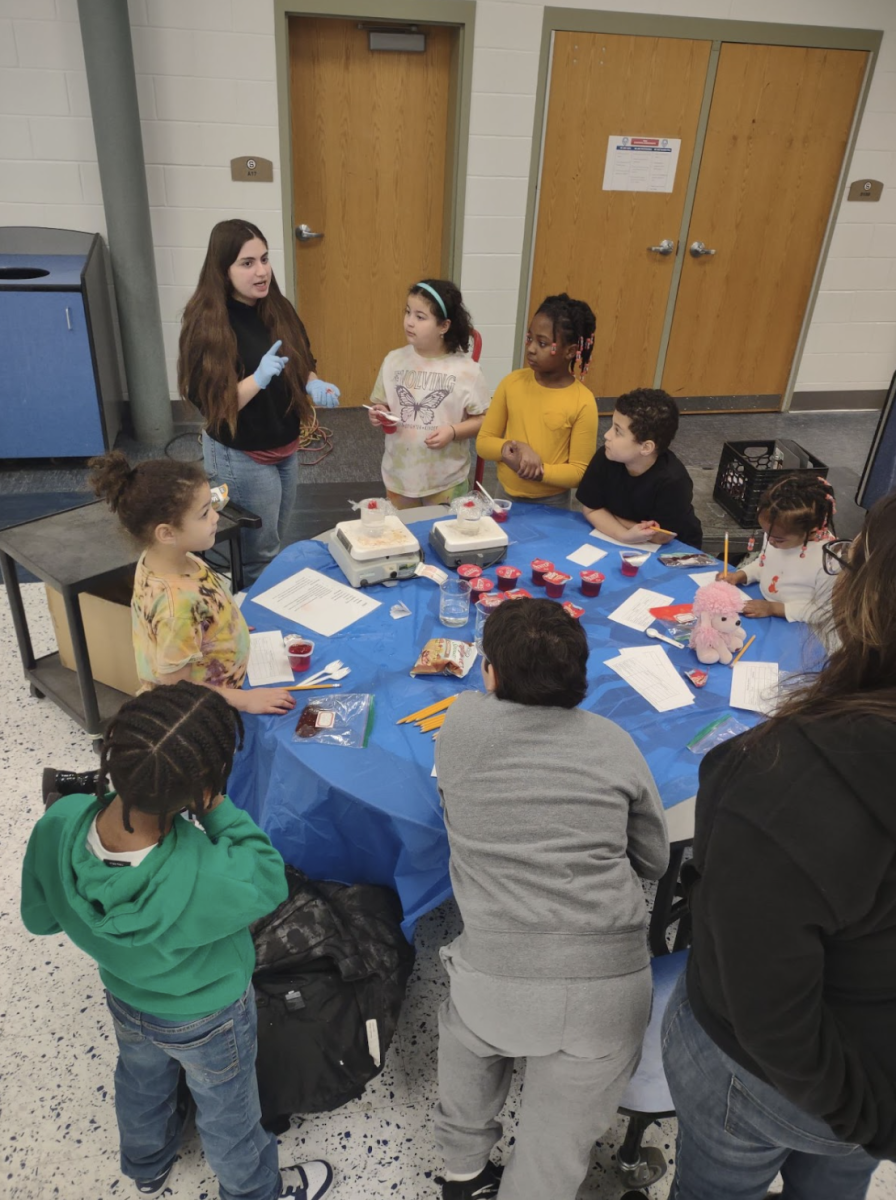As finals week approaches, students across the country are bracing themselves for what is often the most stressful time of the academic year. Endless hours of studying, back-to-back deadlines, and pressure to perform well can lead to a phenomenon known as student burnout—a state of emotional, mental, and physical exhaustion caused by prolonged stress. It’s more common than many realize, and if left unaddressed, it can severely impact both academic performance and personal well-being.
Symptoms of burnout can include fatigue, lack of motivation, irritability, difficulty concentrating, and even physical symptoms like headaches or stomach issues. In some cases, students may feel completely detached from their work or experience a sense of hopelessness. Recognizing these symptoms early on is key to preventing more serious consequences like anxiety, depression, or academic probation.
Fortunately, Union has been increasingly aware of the toll finals can take and have introduced initiatives to support student mental health. One popular method our campus adopts during finals is therapy dog events, which usually take place at the library or in Wicker Wellness. Petting or playing with dogs, even for just a few minutes, can reduce cortisol (the stress hormone), lower blood pressure, and boost mood. These visits create a moment of joy and calm in an otherwise high-pressure environment.
Another valuable resource that many students overlook is UWill Telehealth Counseling, a free or low-cost service available offered at Union. UWill connects students with licensed mental health professionals for video, phone, or chat sessions, often within 24 hours of requesting help. It’s private, flexible, and tailored to the college experience, making it a powerful tool during times of peak stress.
In addition to utilizing these support services, there are several simple yet effective strategies students can implement to combat burnout:
Schedule breaks and downtime. Studying for 8 hours straight isn’t productive. Use the Pomodoro technique—25 minutes of focused work followed by a 5-minute break—to maintain energy and focus.
Move your body. Exercise, even a short walk or a 15-minute yoga session, releases endorphins that naturally improve mood and reduce anxiety.
Stay nourished and hydrated. Skipping meals or living on energy drinks might seem efficient, but it only makes things worse. Fuel your brain with nutritious food and plenty of water.
Sleep is non-negotiable. Pulling all-nighters might feel necessary, but sleep deprivation impairs memory, attention, and decision-making—all things you need to perform well.
Reach out. Don’t isolate yourself. Talk to friends, professors, or counselors. You’re not alone in how you feel, and sometimes a quick conversation can make all the difference.
Burnout may feel overwhelming, but it’s not permanent—and it’s certainly not a sign of weakness. It’s your mind and body telling you to slow down and take care of yourself. This finals season, prioritize your mental health just as much as your GPA. Take advantage of your campus’s resources like therapy dogs and UWill Counseling, breathe deeply, and remember: one grade does not define your worth.
You’ve made it this far. You’re stronger than you think. Finish the semester with compassion for yourself—you deserve it.












